
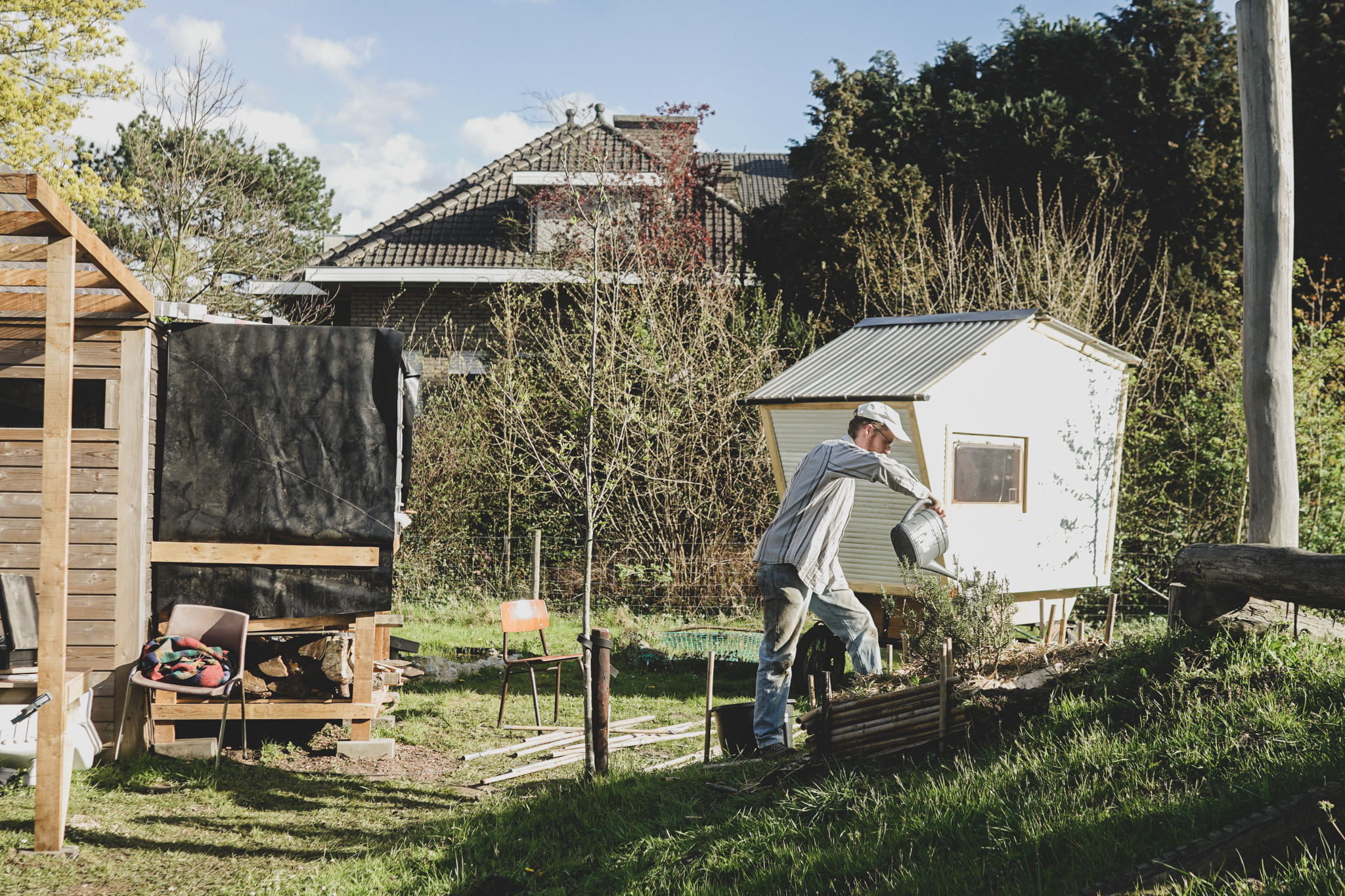
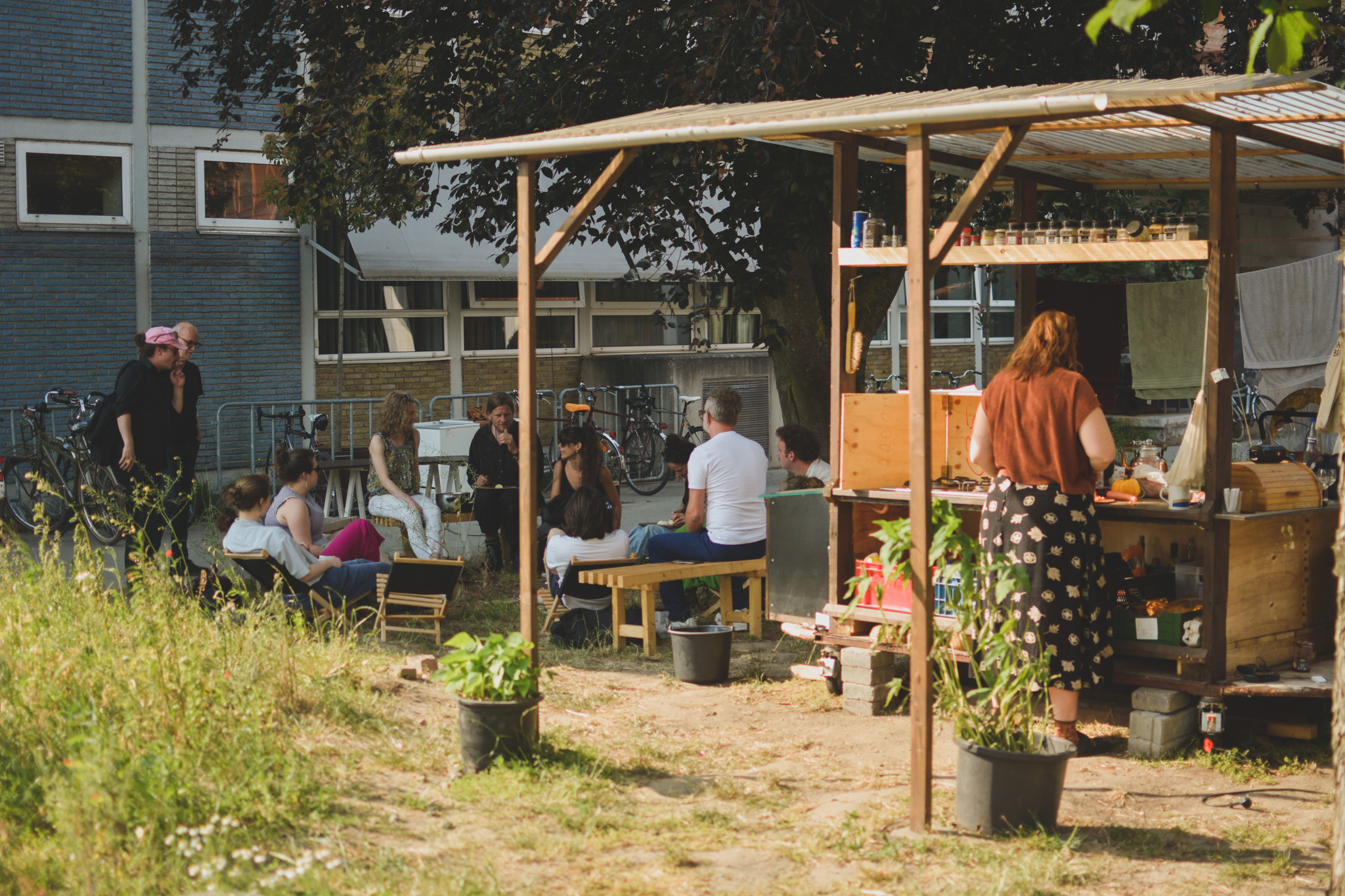
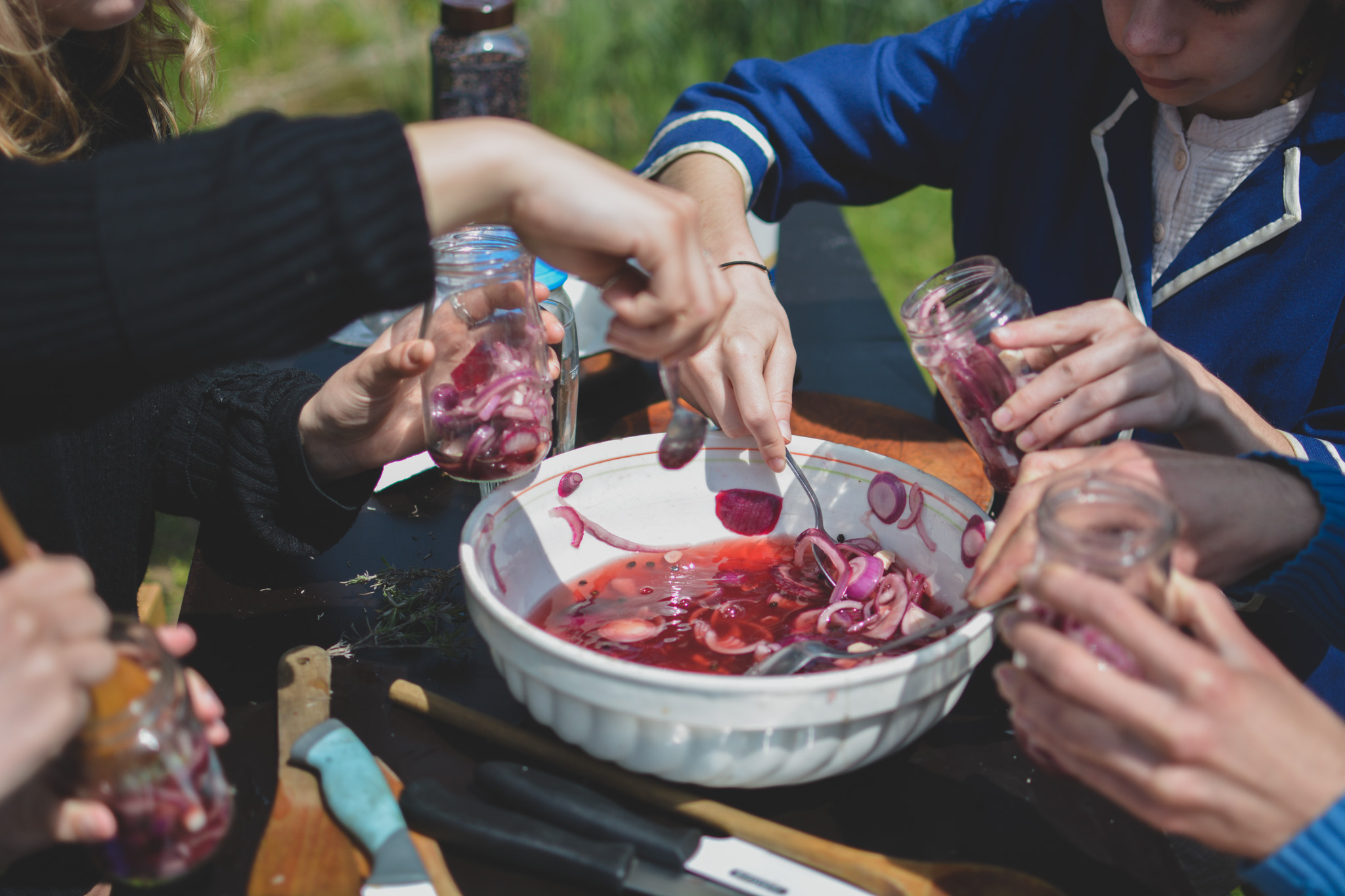
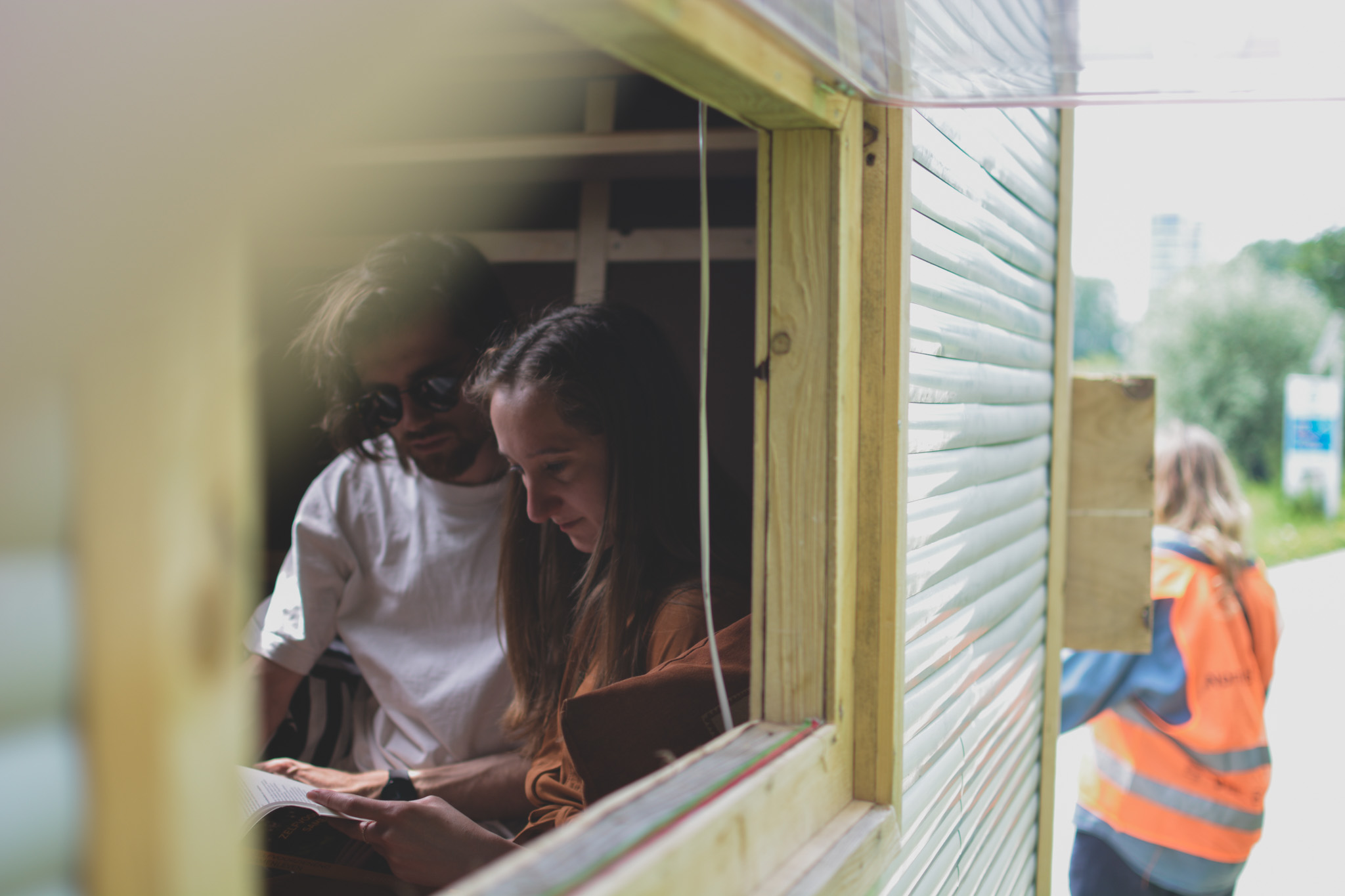
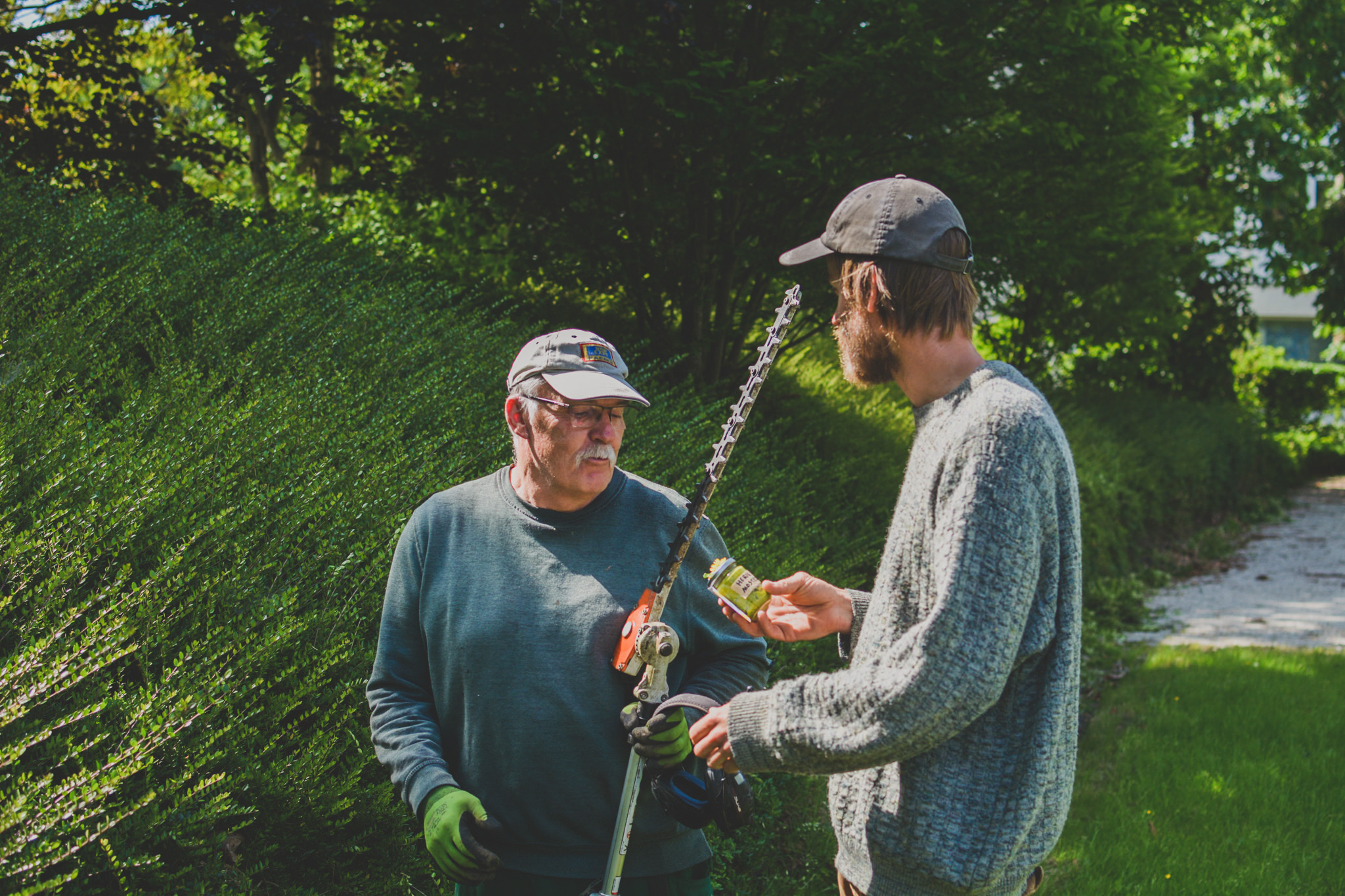
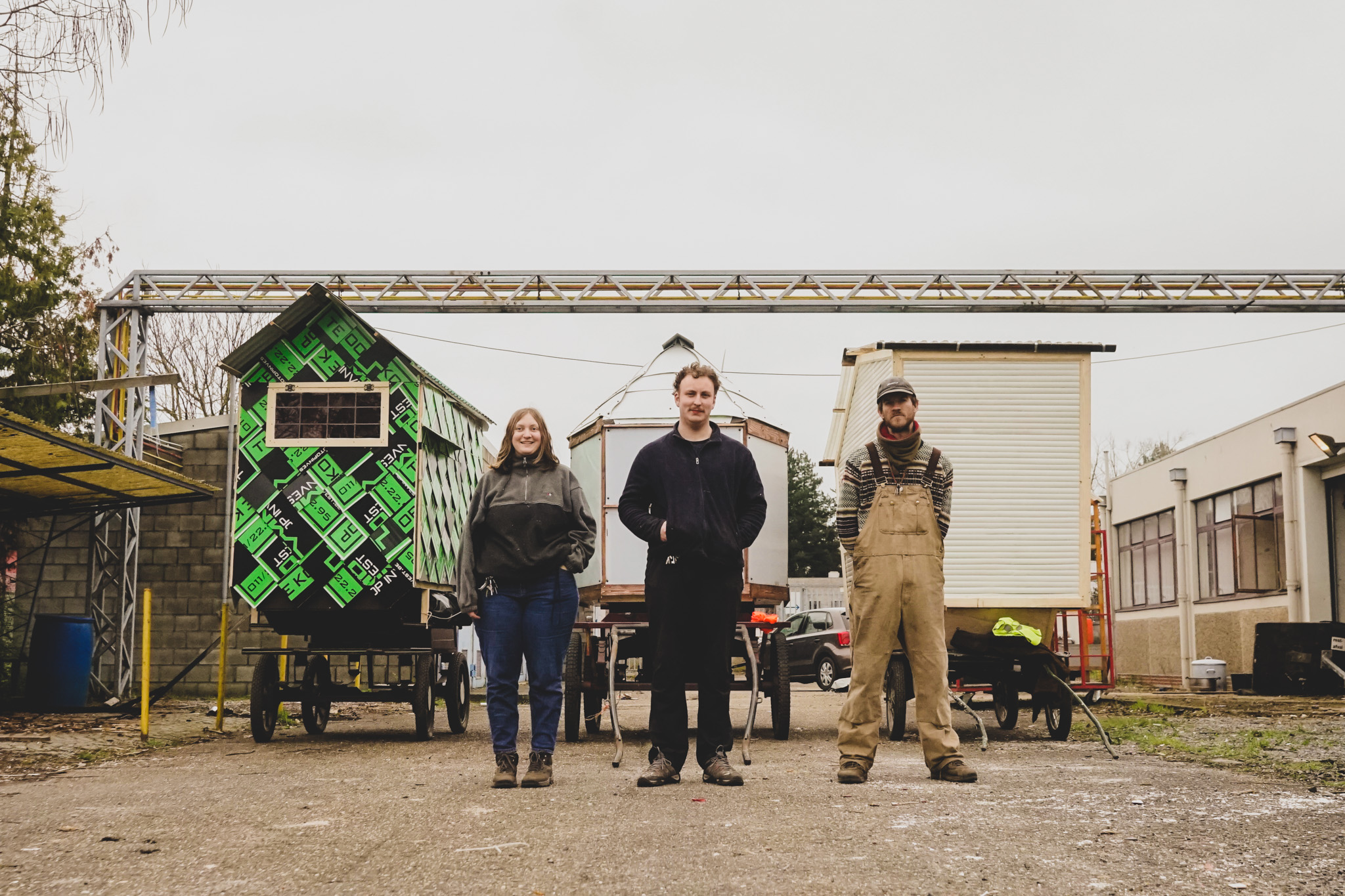
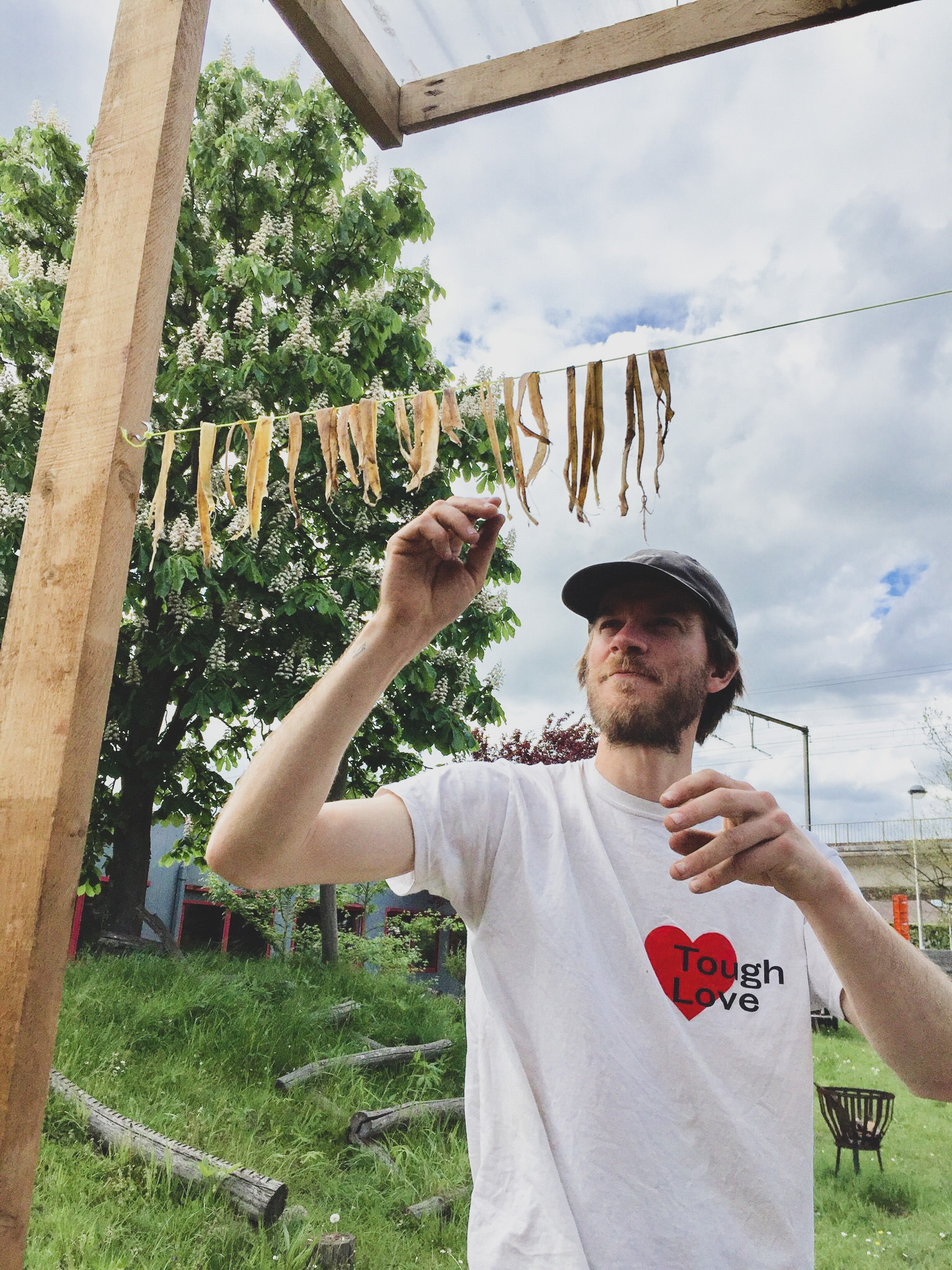
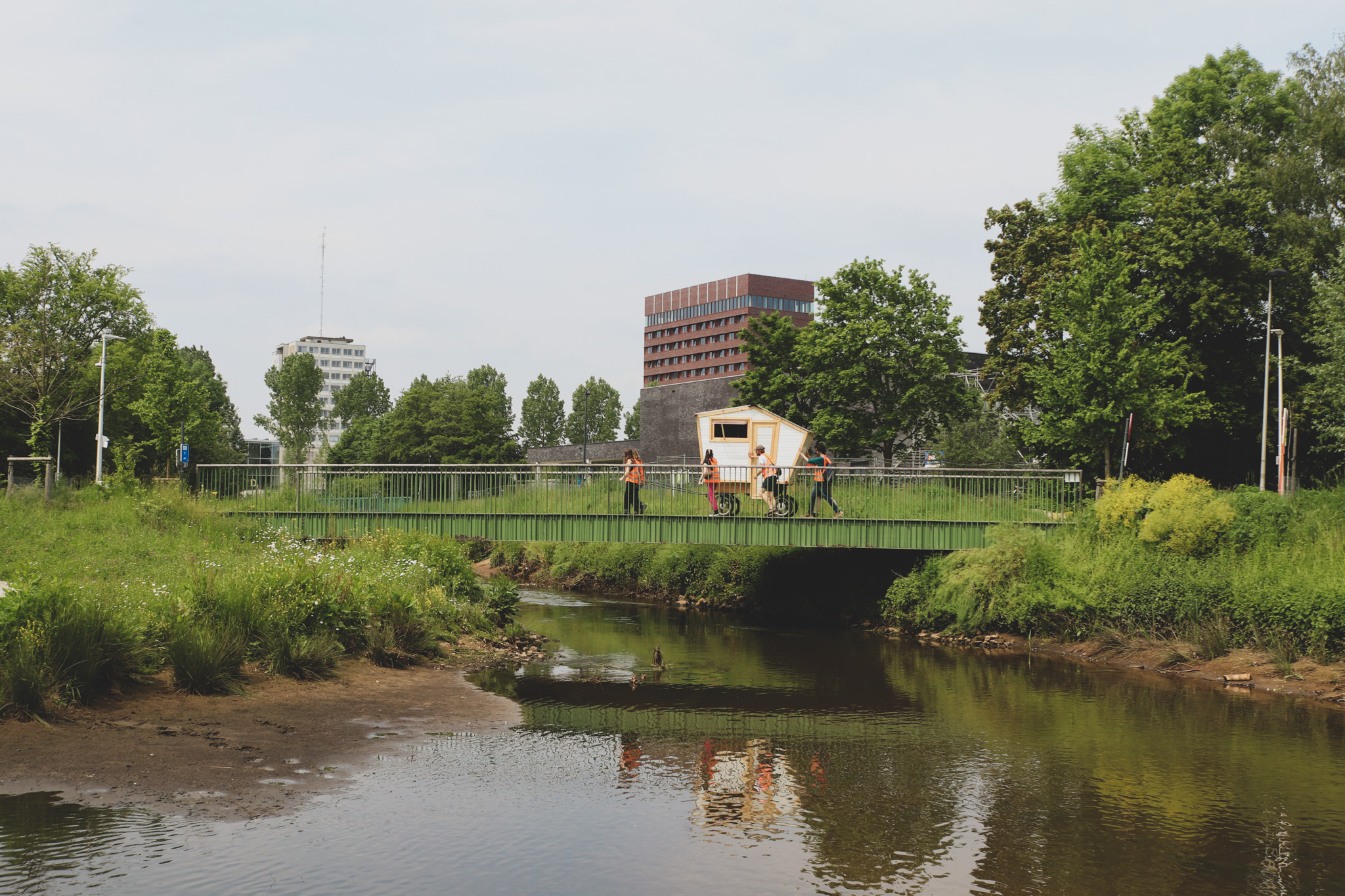

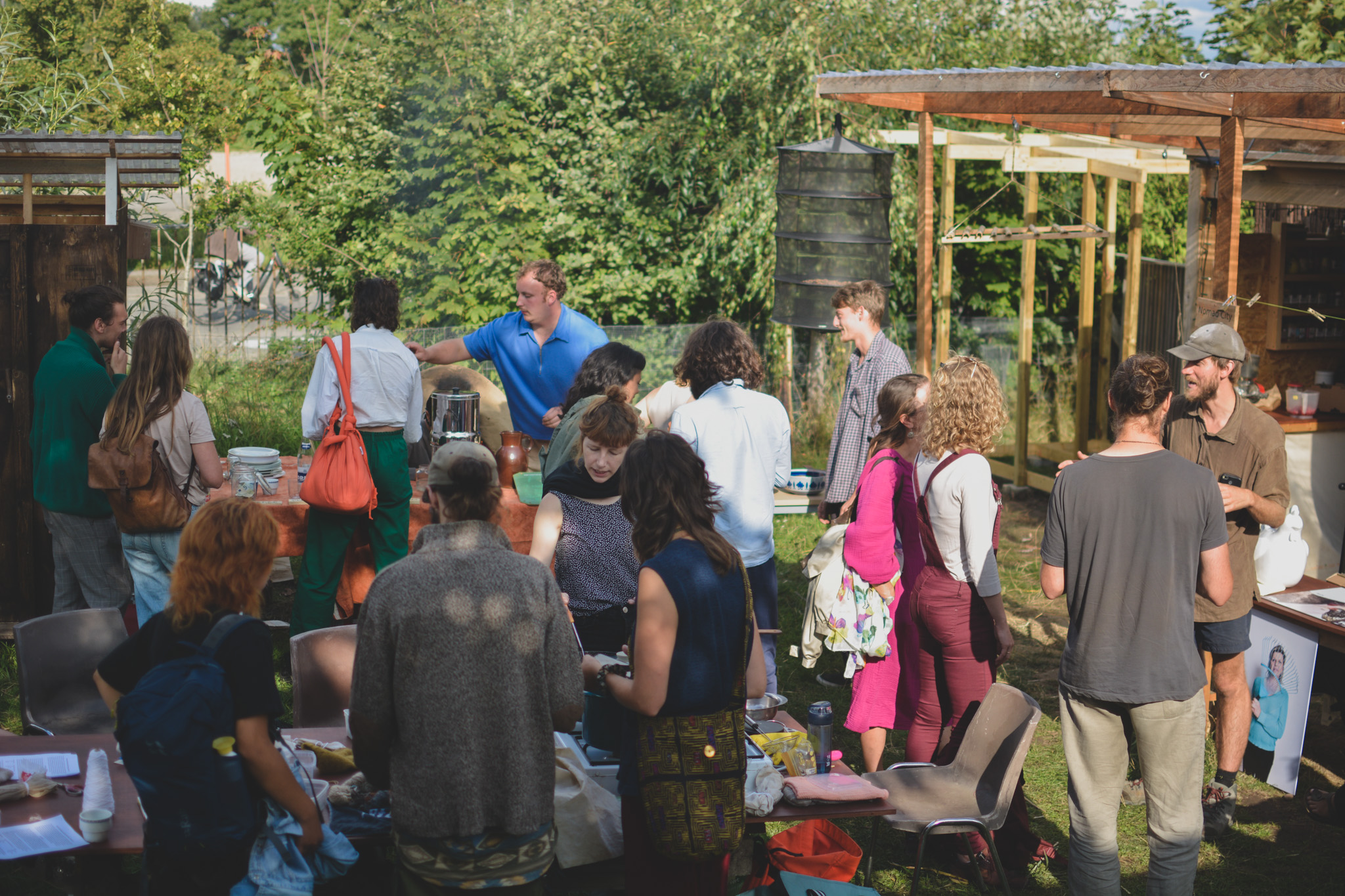
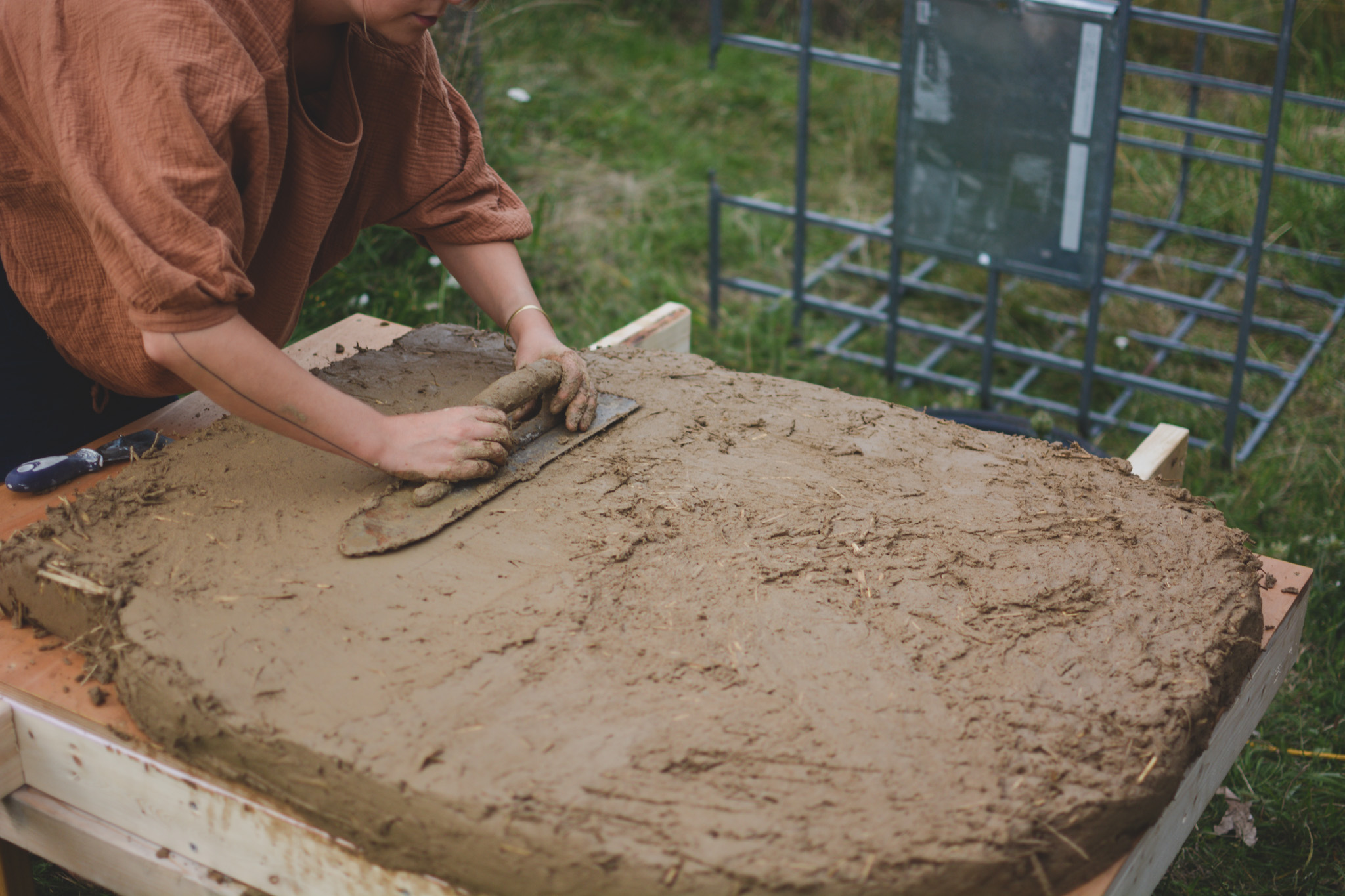
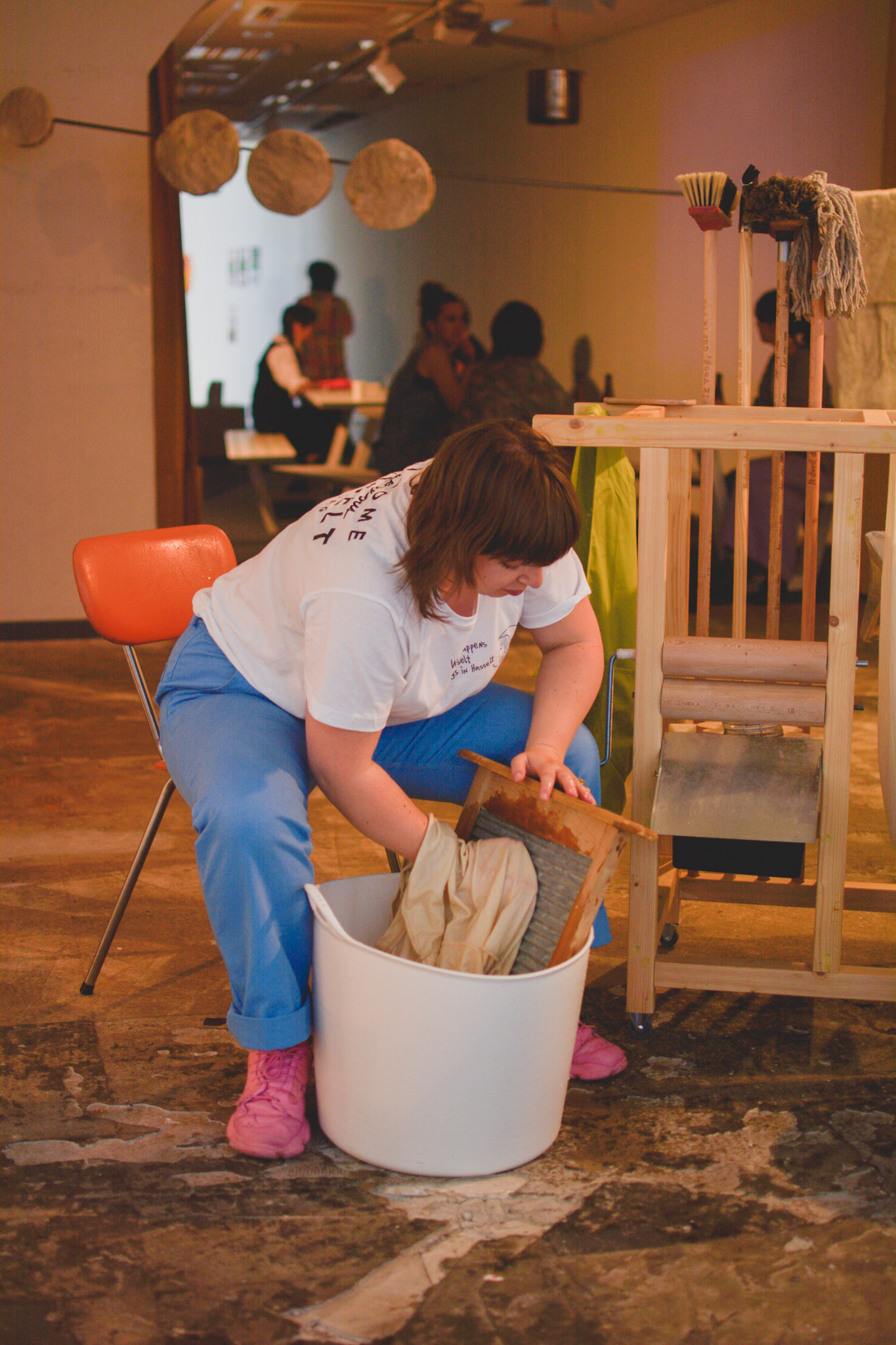
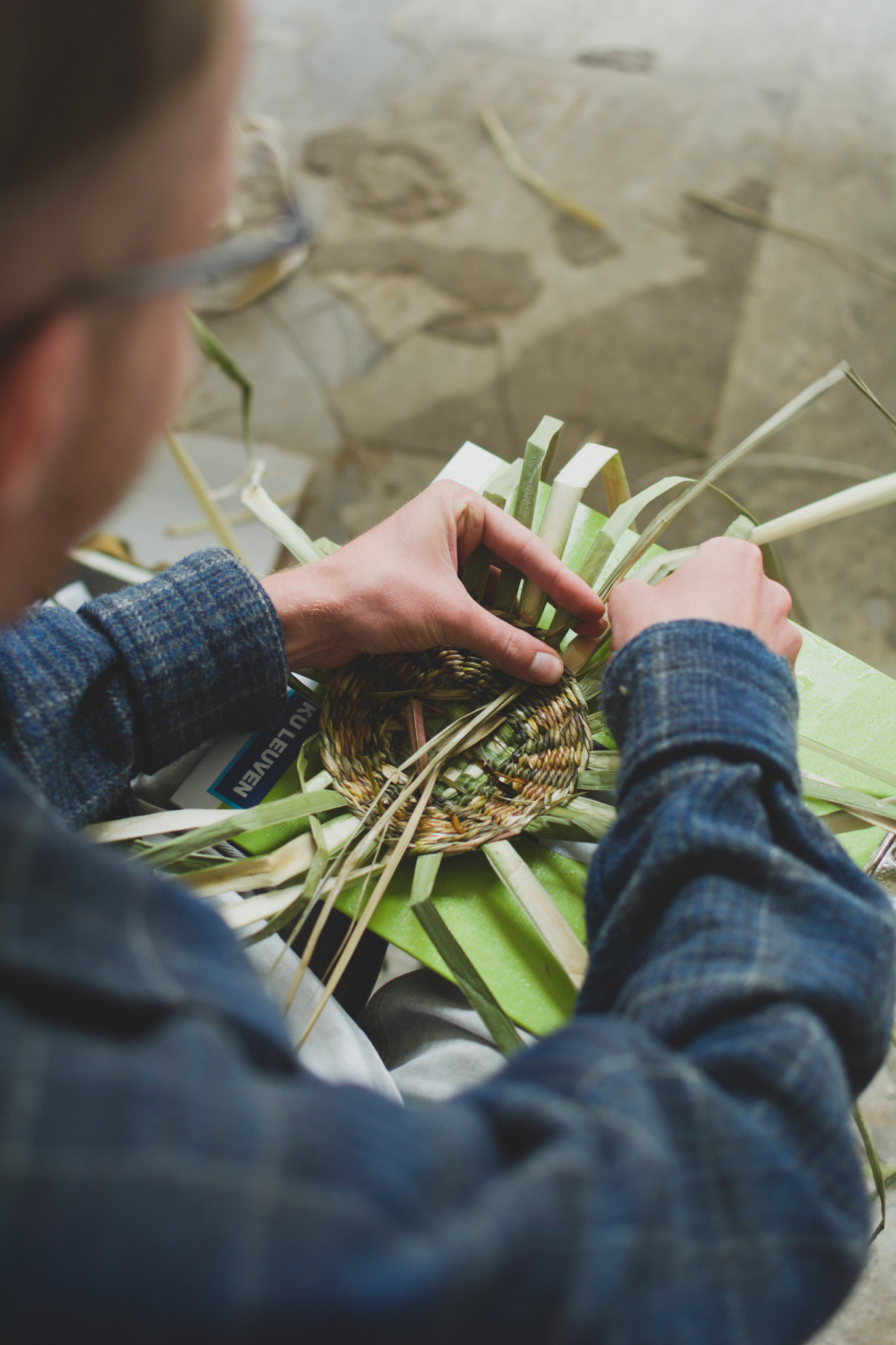

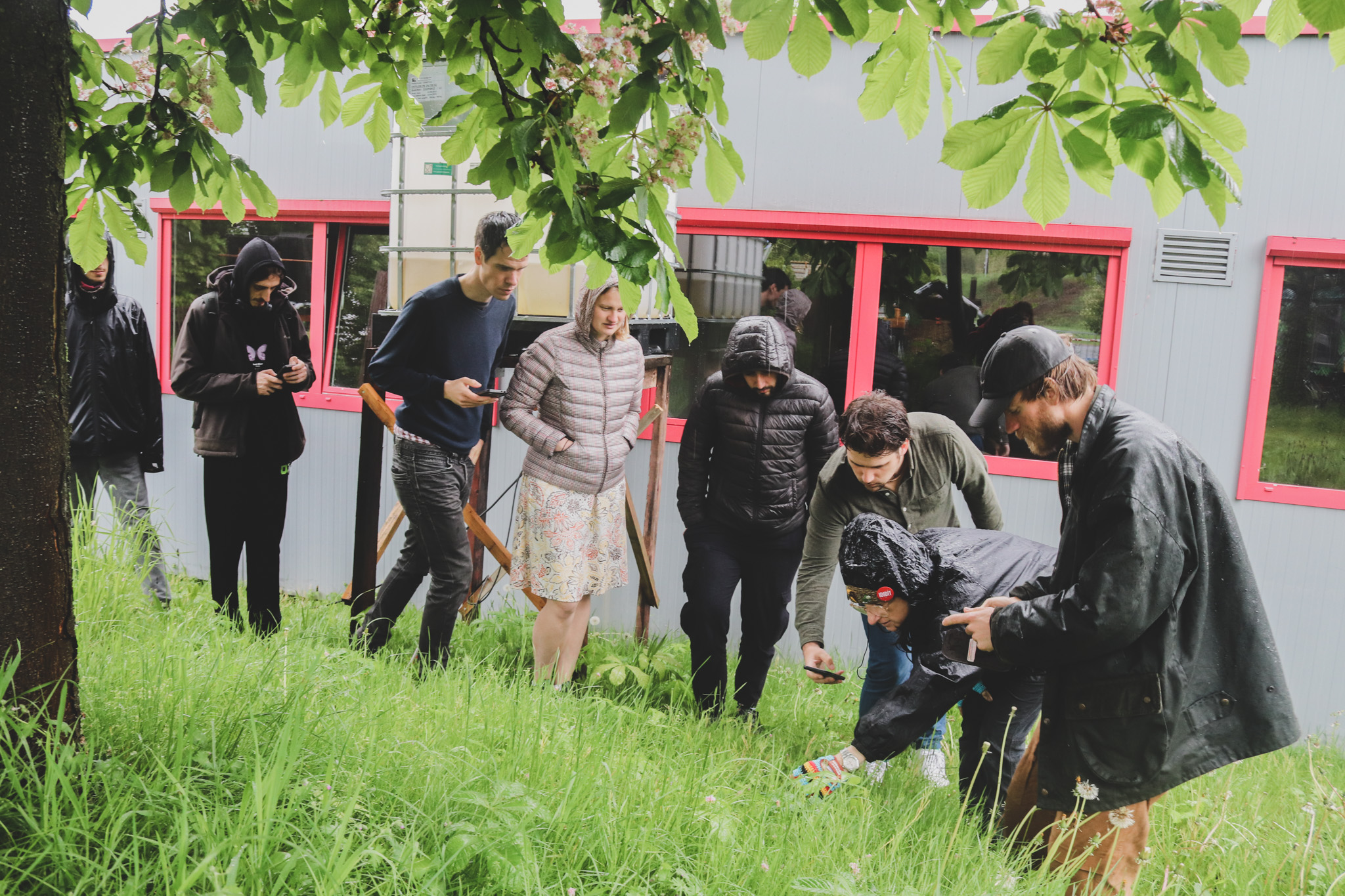
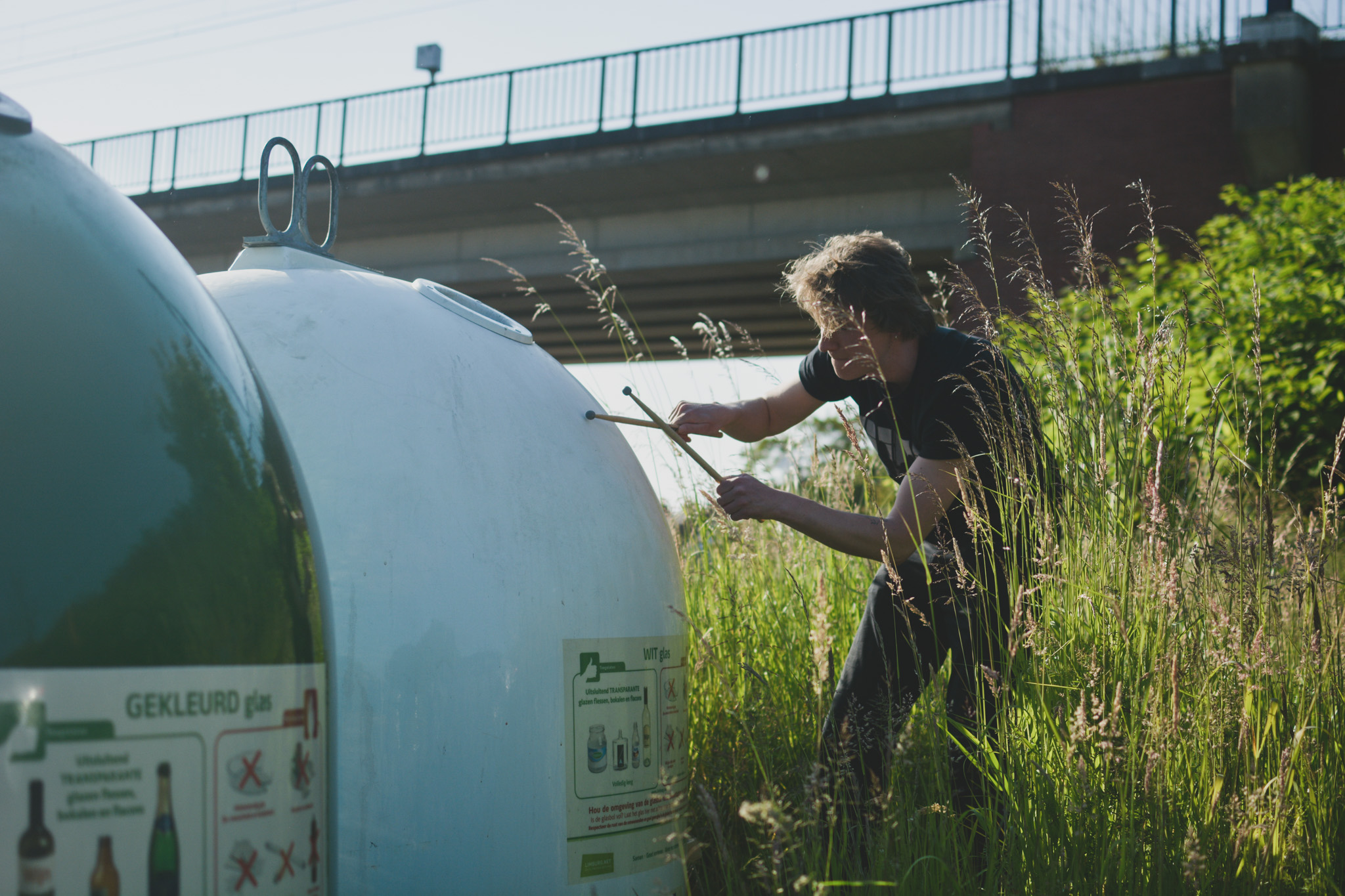
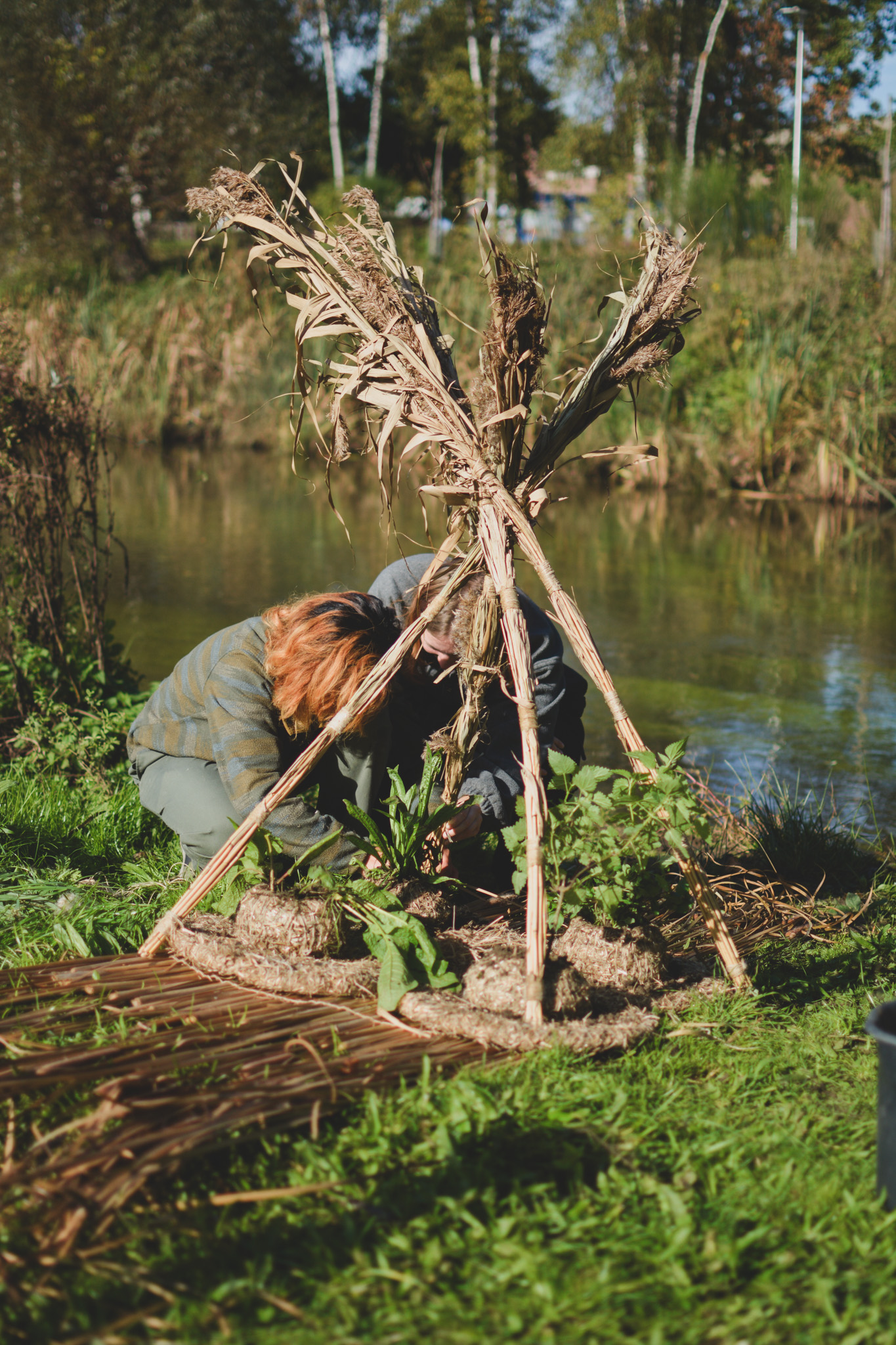
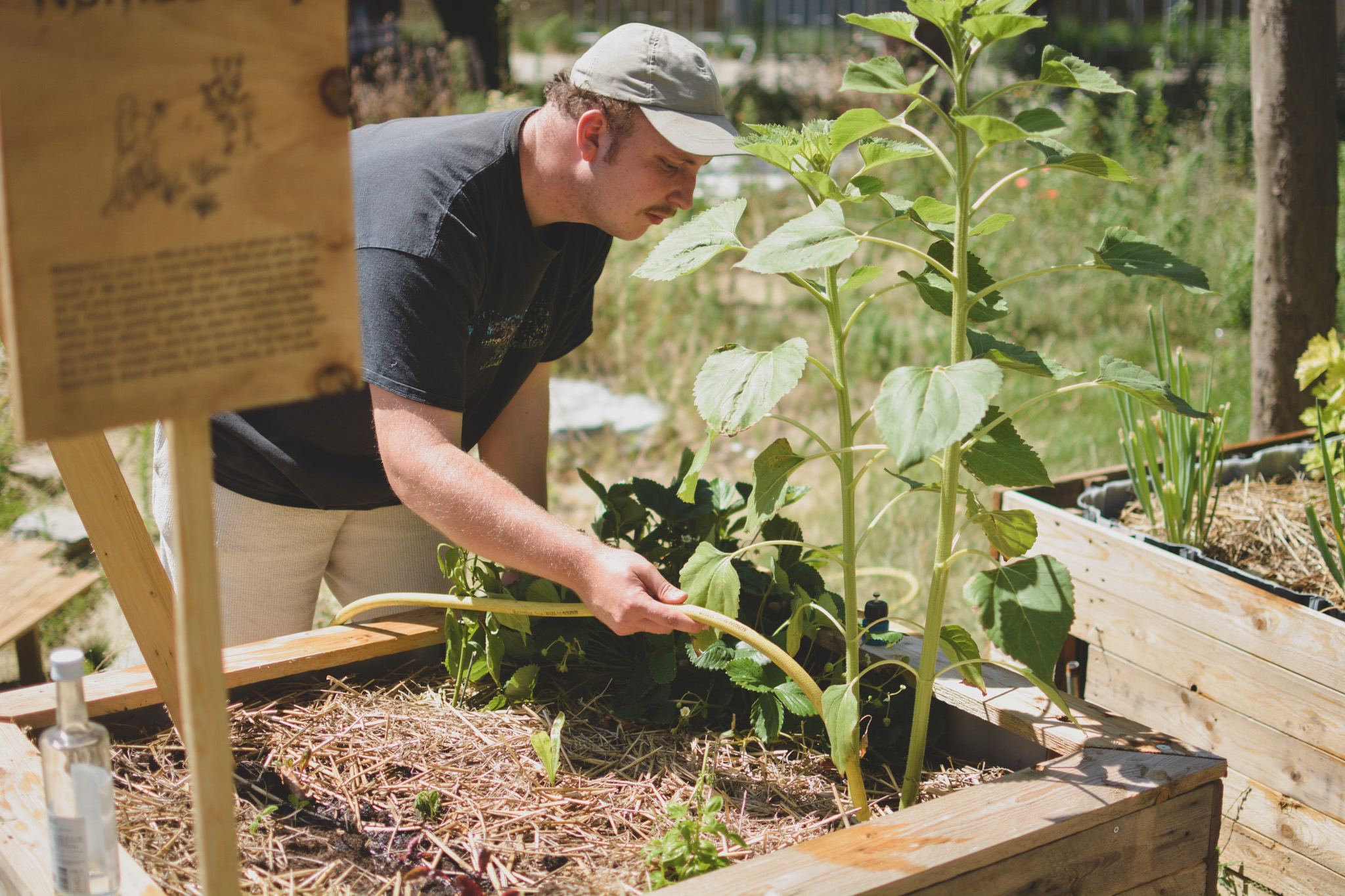
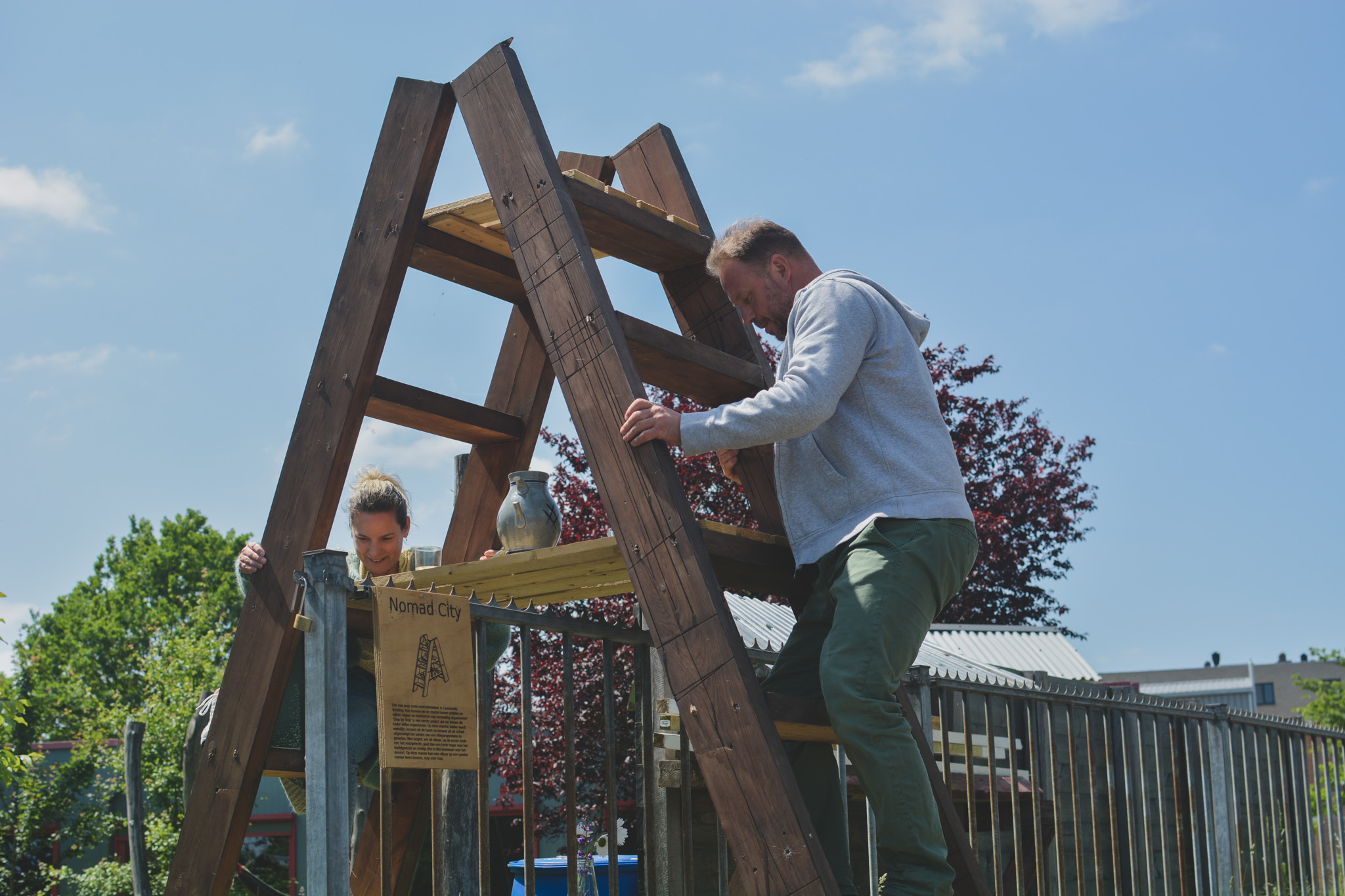
Nomad City, a research on sustainable and communal living, 2023-...
In today’s world, we realize more than ever that our current way of life is not sustainable. Everyday we are overrun with an array of pressing issues such as extreme weather, energy and material shortages, health issues, overconsumption, soil exhaustion, the alienation from nature and our fellow humans...The list of challenges stretches on endlessly, and in the face of these formidable obstacles, it is natural to feel overwhelmed and powerless. Nevertheless, amid this complexity, our everyday choices harbor an incredible capacity for transformative change. Yet it remains very difficult to alter human behavior. We are creatures of habit, living in a system that evolves at a painstakingly slow pace. A big city is often struggling to keep up with our rapidly changing world. When we implement meaningful adjustments within such a large structure it often feels like an uphill battle. It is within this context that the Nomad City initiative took shape. Within our project we wanted to enact both structural and behavioral changes within a small community and observe the far-reaching ripples it could create within the surrounding city. Over the course of nine months we designed and constructed a nomadic village that traveled between two unused plots of land, owned by the universities of PXL and UCLL in the city of Hasselt. Within this unique setting we invited artists, designers and architects to research permaculture, household structures, education and community building.
By organizing workshops, lectures, interventions and events we wanted to initiate a space in which art, education and life were once again intertwined. Through our presence amidst neighborhoods and schools, we wanted to inject a pin prick of inspiration in the heart of a city, planting seeds in both soil and souls, thus hoping to change the perspective towards our natural environment and our fellow citizens.
Central to our approach was the belief that education should have the chance to emerge naturally from life itself. The rise of big educational institutions has given us an evolution in the transmission of knowledge, but somewhere along the line they seem to have lost something essential. When a certain topic has the interest of an individual, chances are very low that the same topic will be addressed in one of the classes. By organizing workshops and lectures fueled by intrinsic motivation and curiosity, we wanted to reimagine education as a dynamic, hands-on experience. Our actions were guided by the three fundamental permaculture principles: take care of the earth; take care of the people and use only what you need (while returning surplus when possible). By designing structures with sustainable materials, cooking with wild edible plants and organizing sow and harvest festivals we wanted to make people aware of the natural environment from which we are dependent.
Follow Nomad City on Instagram
More info on nomadcity.be
In today’s world, we realize more than ever that our current way of life is not sustainable. Everyday we are overrun with an array of pressing issues such as extreme weather, energy and material shortages, health issues, overconsumption, soil exhaustion, the alienation from nature and our fellow humans...The list of challenges stretches on endlessly, and in the face of these formidable obstacles, it is natural to feel overwhelmed and powerless. Nevertheless, amid this complexity, our everyday choices harbor an incredible capacity for transformative change. Yet it remains very difficult to alter human behavior. We are creatures of habit, living in a system that evolves at a painstakingly slow pace. A big city is often struggling to keep up with our rapidly changing world. When we implement meaningful adjustments within such a large structure it often feels like an uphill battle. It is within this context that the Nomad City initiative took shape. Within our project we wanted to enact both structural and behavioral changes within a small community and observe the far-reaching ripples it could create within the surrounding city. Over the course of nine months we designed and constructed a nomadic village that traveled between two unused plots of land, owned by the universities of PXL and UCLL in the city of Hasselt. Within this unique setting we invited artists, designers and architects to research permaculture, household structures, education and community building.
By organizing workshops, lectures, interventions and events we wanted to initiate a space in which art, education and life were once again intertwined. Through our presence amidst neighborhoods and schools, we wanted to inject a pin prick of inspiration in the heart of a city, planting seeds in both soil and souls, thus hoping to change the perspective towards our natural environment and our fellow citizens.
Central to our approach was the belief that education should have the chance to emerge naturally from life itself. The rise of big educational institutions has given us an evolution in the transmission of knowledge, but somewhere along the line they seem to have lost something essential. When a certain topic has the interest of an individual, chances are very low that the same topic will be addressed in one of the classes. By organizing workshops and lectures fueled by intrinsic motivation and curiosity, we wanted to reimagine education as a dynamic, hands-on experience. Our actions were guided by the three fundamental permaculture principles: take care of the earth; take care of the people and use only what you need (while returning surplus when possible). By designing structures with sustainable materials, cooking with wild edible plants and organizing sow and harvest festivals we wanted to make people aware of the natural environment from which we are dependent.
Follow Nomad City on Instagram
More info on nomadcity.be